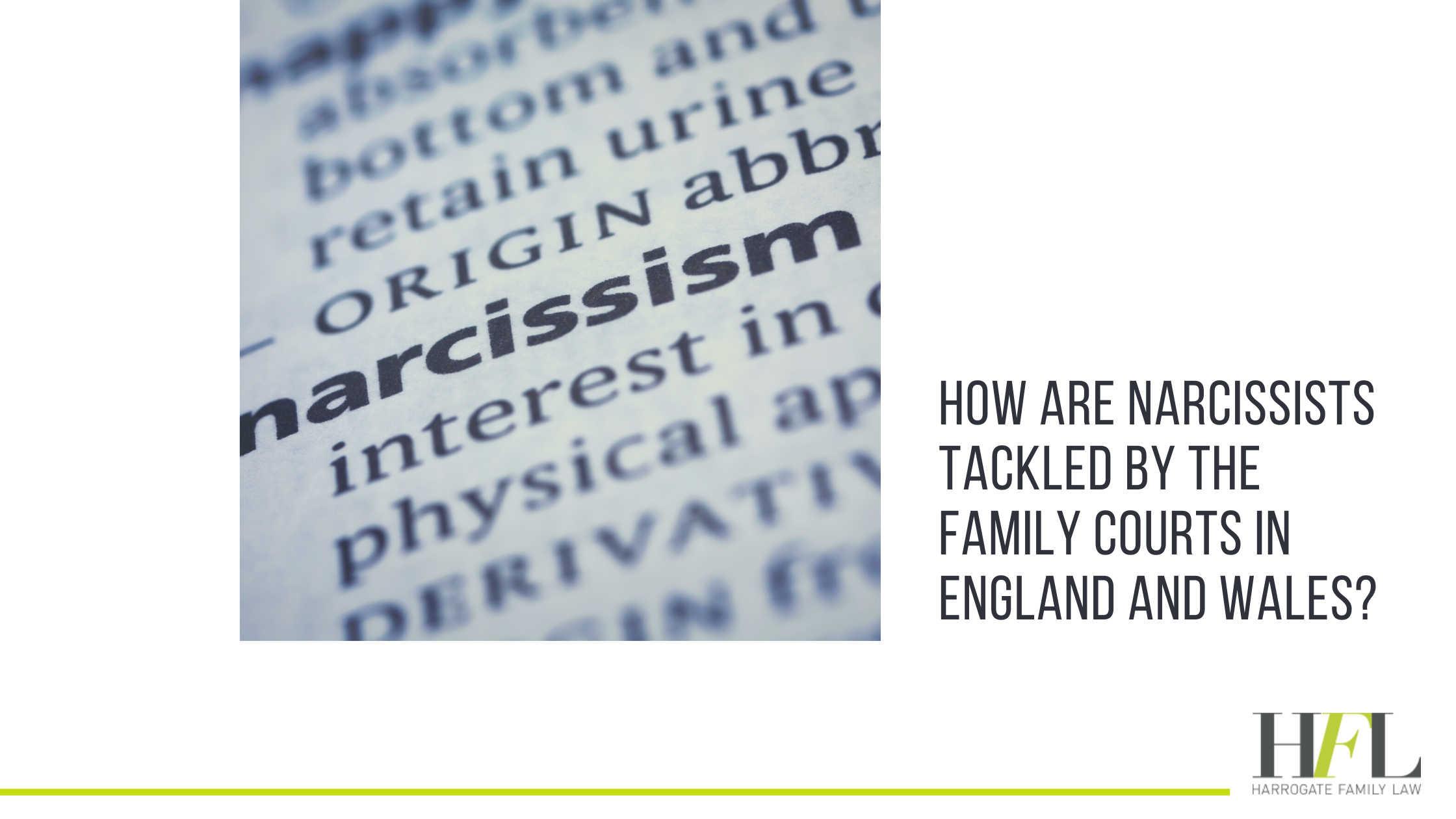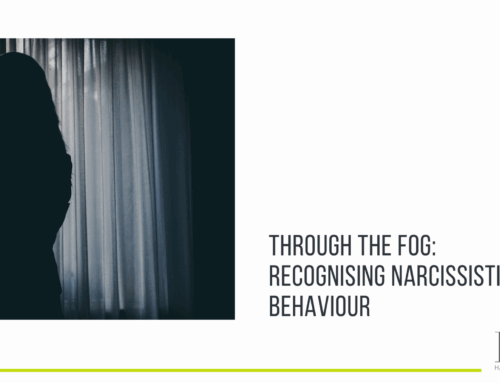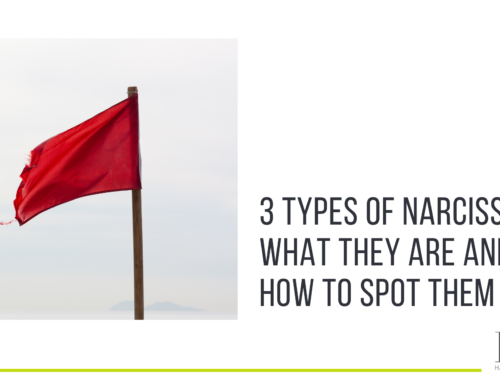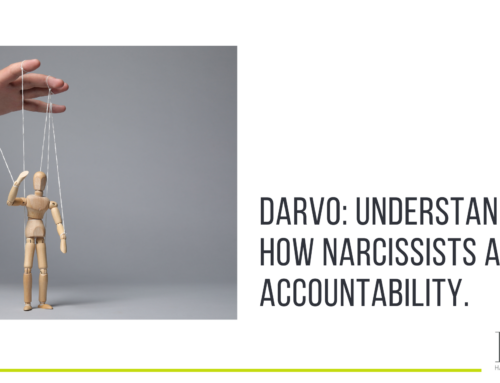As experts in the field of family law, we’re no strangers to helping our clients navigate separation or divorce from a narcissistic spouse or partner. We’ve spoken a lot about what narcissism is, the different types (including the covert narcissist), and the red flags to look out for if you suspect that all is not as it should be within your relationship.
This week however, we’re looking at matters from a different angle, and exploring how narcissists are tackled by the family court in England and Wales. Let’s take a look.
Traits of a narcissist
Narcissistic people are most commonly characterised as having an elevated sense of self-importance, lacking in empathy and in need of constant admiration. However, narcissism can display itself differently from person to person. In addition, there are different types of narcissistic disorders, and other similar behavioural traits that can be incredibly damaging. For example gaslighting, coercive control and love bombing.
The fact that narcissistic traits can be so complex doesn’t only make them harder to spot, it can also make divorce and separation incredibly difficult, as their reactions and behaviour during proceedings can be very obstructive. It can be hard not to fall victim to their manipulation techniques and mind games, meaning that making objective decisions that work for the future is difficult. This is just one of the reasons why having expert legal advice is vital.
Narcissist as a label
Whilst there’s a lot of information out there, and increasing conversations happening around the topic of narcissism, it’s harder to know how the condition is dealt with from a legal perspective.
If you find yourself separating from a narcissistic spouse or partner, and your circumstances require the intervention of the court, the label of ‘narcissist’ is unlikely to be used, especially without a formal diagnosis. As such, any opinions that you have of your former spouse here won’t affect the legal decision making. However, the court is able to consider any negative actions and behaviour on the part of your spouse or partner, and their consequences, particularly when making decisions about the arrangements for the children. Such considerations are far less likely to affect the decision-making process when it comes to the finances.
Ultimately, it’s important to know that being a victim of narcissistic abuse isn’t a firm foundation to rely on when it comes to getting the outcome you feel is right. That’s why your energy and efforts are better placed working with a solicitor to prepare your case, anticipate typical behaviours and be as prepared as you can be for any bumps in the road.
When narcissistic behaviour can have consequences
Although you can’t rely on the family court to make its decisions based on your spouse or partner’s narcissistic tendencies, there are times when such behaviour won’t be tolerated.
A narcissist’s elevated sense of self-importance can lead them to believe that the rules don’t apply to them, and this extends to the law. For example, they may attempt to hide money or assets, fabricate evidence, or fail to comply with court orders. This is behaviour that, if discovered, could result in a costs order or other penalties.
Preparation is key
As we mentioned earlier, preparation is key. You need to understand your finances so that you can identify anything out of the ordinary sooner rather than later. You also need to know what you and your children need in order to move forward with your life, so you can keep focussed on what is most important for the future. Try not to get side-tracked and bogged down with the “games” your partner may play, or worry about them getting the upper hand.
Having expert legal advice will be invaluable here. Divorce and separation are hard enough without the addition of a narcissist and their destructive behaviour. Nobody should have to go through that alone.
At Harrogate Family Law, we have a wealth of experience and a skilled team, we’re always here to offer the right support in order to help you reach the best outcome for you and your future. Don’t hesitate to get in touch and book your consultation.






